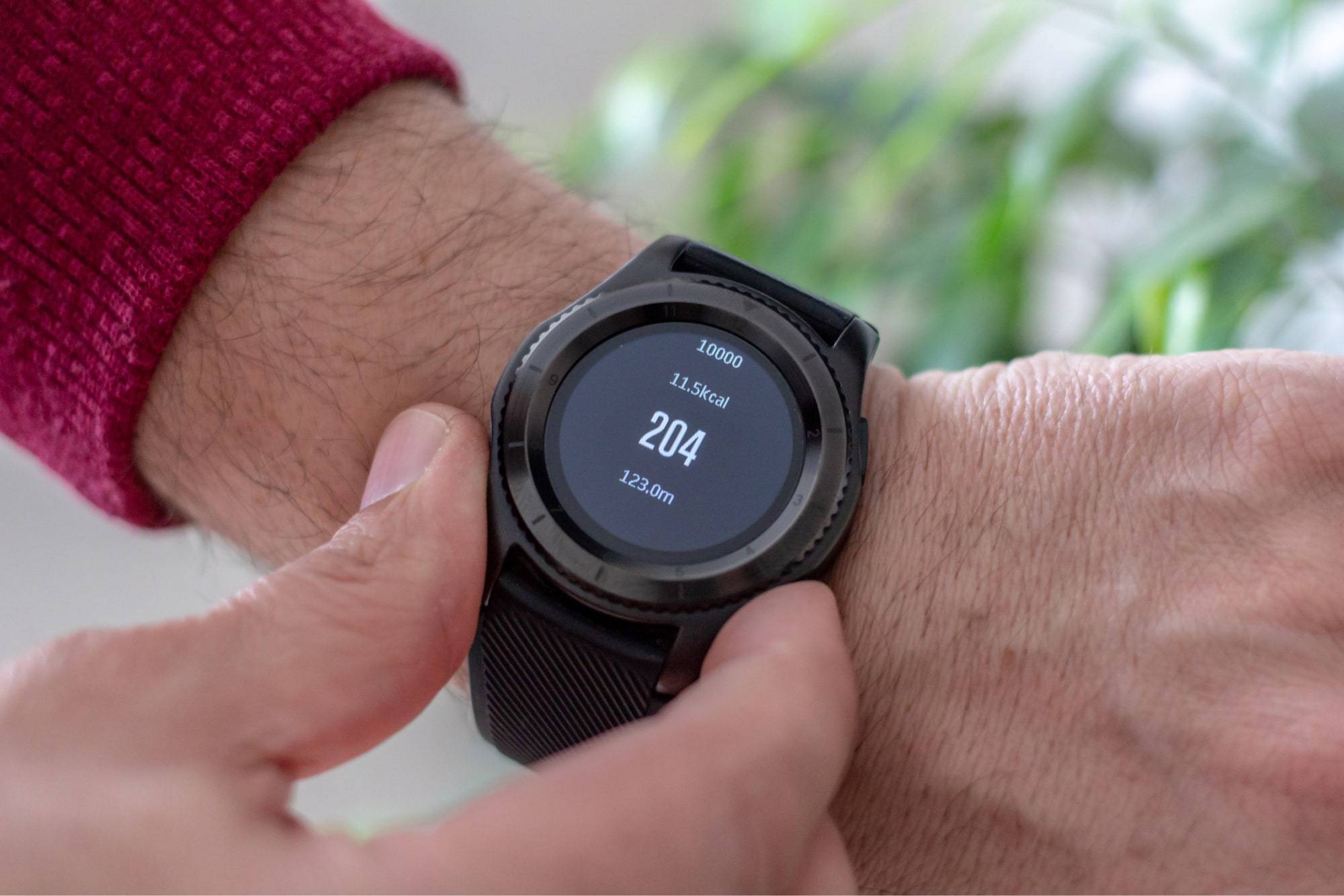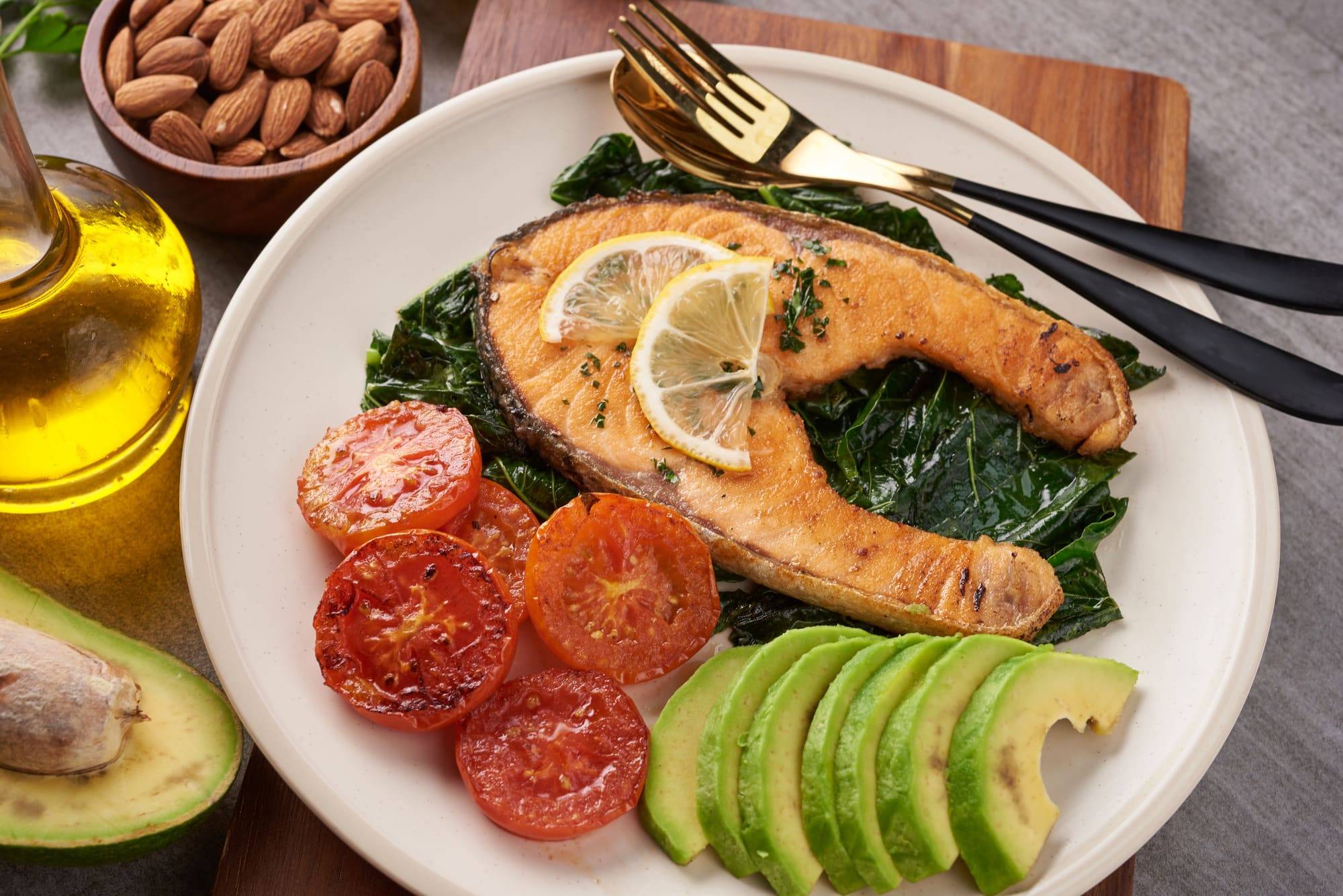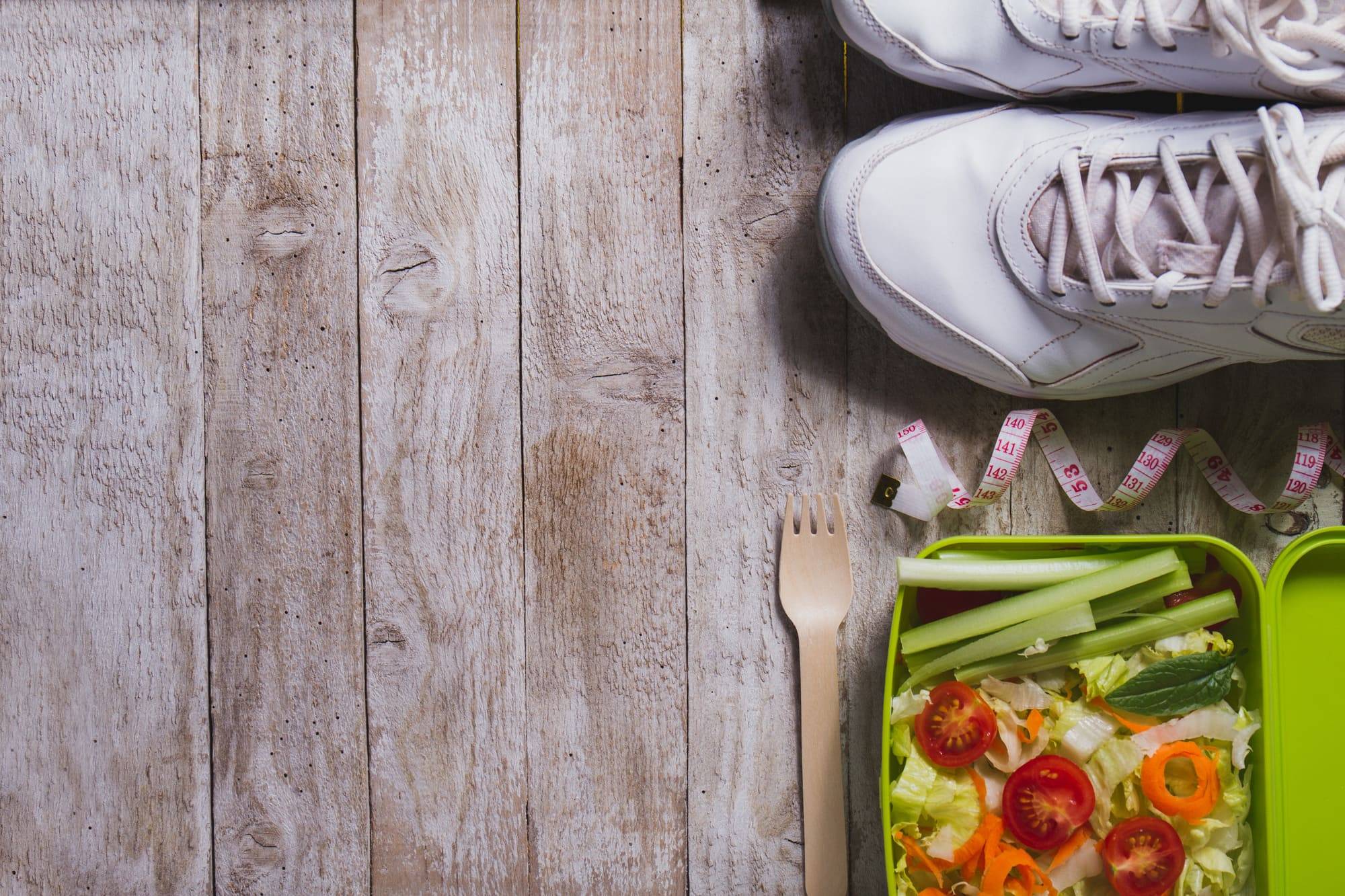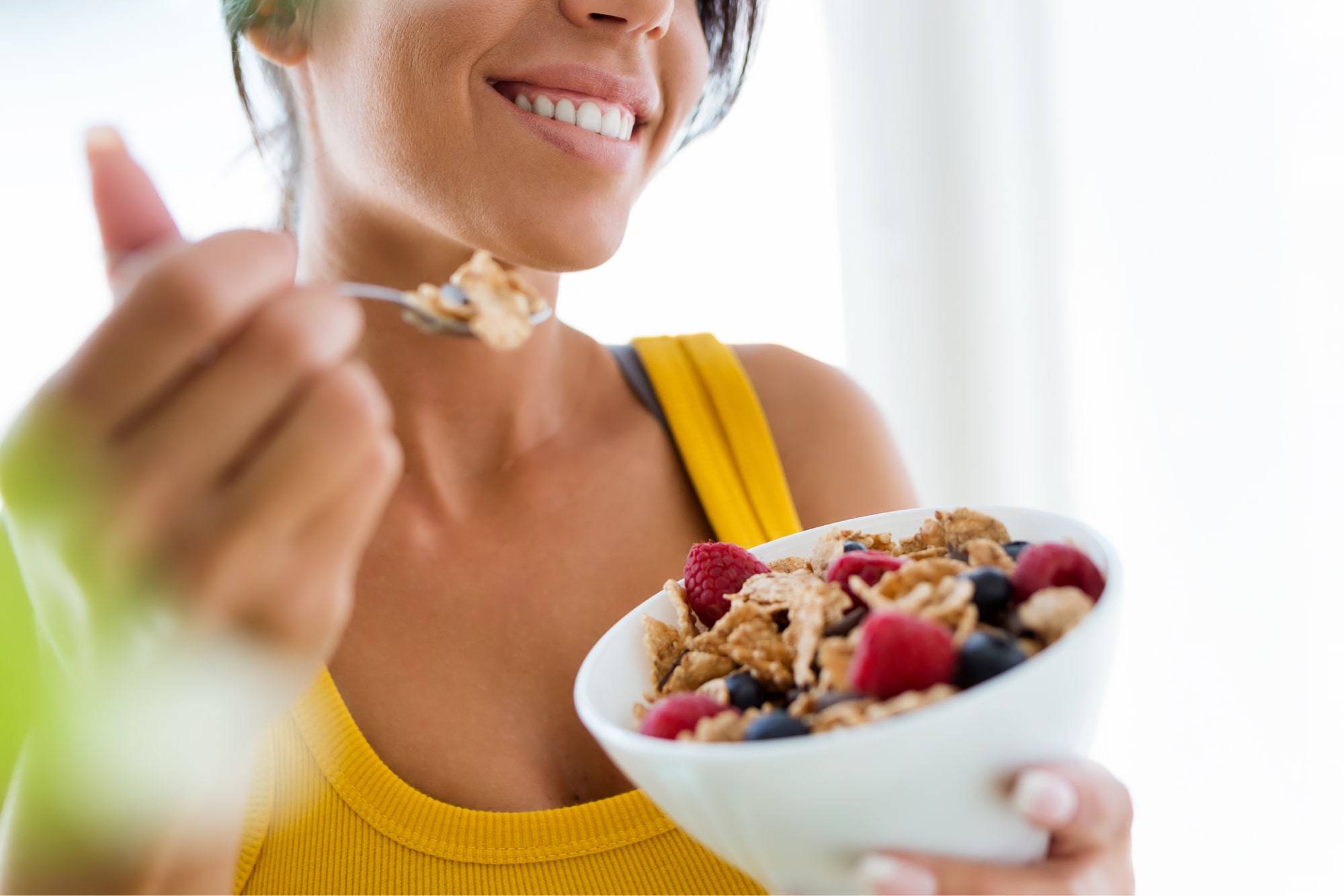Nutrition is one of the main factors that affect speed and endurance. By some estimates, three out of four marathoners slow down in the race’s second half, hitting the wall. One of the main reasons for this is the wrong diet and failure to meet the daily caloric intake required by each runner.
High running performance depends not only on the daily calorie intake but also on what you eat.
The four principles of good nutrition for any athlete include the following:
- A runner’s calorie content should correspond to their energy expenditure.
- The chemical composition of food must meet the needs of the body for proteins, fats, carbohydrates, minerals, vitamins, and biologically active substances.
- A variety of foods will ensure the body receives necessary ingredients that are not synthesized.
- Eating during the day should be optimized (both energy value and volume).
How to Calculate a Runner’s Daily Calorie Intake?
Sooner or later, all runners start to wonder: how many calories should I eat a day to feel good and perform at my best?
The average daily food intake should meet the runner’s needs for energy and recovery. This balance is determined by counting the basal metabolic rate and the required coefficients.
You can calculate basal metabolic rate using an online calculator or the American Dietetic Association-approved formula (the Mifflin St Jeor formula).
The formula looks like this:
Female: BMR = 9.99 х weight(kg) + 6.25 х height (cm) – 4,92 х age – 161
Male: BMR = 9.99 х weight (kg) + 6.25 х height (cm) – 4,92 х age + 5
After you calculate BMR, you can calculate the individual norm of daily calorie intake for an active person.
Calorie Counting:
1) Sedentary lifestyle and training 3 times per week: BMR x 1.2 = Calories per day.
2) Strength training 1-3 times a week: BMR x 1.37 = Calories per day.
3) Workout daily: BMR x 1.46 = Calories per day.
For example, a 25-year-old athlete with a height of 175 cm weighs 65 kg and trains daily. His basal metabolic rate will be:
BMR=9,99 х 65 + 6.25 х 175 – 4,92 х 25 – 161 = 1459
Let’s determine the average daily energy consumption:
EC=1.46х1459=2130 (kcal/day)
It means that this runner must consume 2130 kcal a day to replenish energy use.
The body spends basal metabolism on vital activities. It is forbidden to eat less than BMR since the body will be in a state of deficiency. It will take energy from the muscles and internal organs, which has a catastrophic effect on your health. For example, eating 1400 calories per day will cause very negative changes in your well-being. Combining such a diet with intense training is very dangerous.
You can also calculate the required number of calories, depending on the intensity of your running workouts. To do this, you need to multiply the basal metabolic rate by the load factor. It looks like this:
| Load | Quiet work + running load less than 60 km per week | Running workouts(from 60 km per week) |
| Male | 1.64 | 1.82 |
| Female | 1.78 | 2 |
Let’s imagine that the athlete, whose basal metabolism we calculated above, runs from 60 km per week. Then its calorie content will look like this:
2130х1.82 = 3876 kcal per day
The final value shows how many kilocalories you need to consume per day if the body is experiencing the smallest load. The level of energy consumption depends on physical activity.
If calculating how many calories per pound using the method above seems too complicated, we have an alternative. If you run for about an hour a day, consume 21 calories per pound of body weight each day. But doing the calculation will give you the most accurate result.
How Often Should Runners Eat?
A balanced diet for a runner is 5-6 meals a day, about 3 hours apart. The last meal should be 2-3 hours before bedtime.
You should never feel hungry and never have a full stomach. You have to stick to the rule (PFC ratio): 30/20/50. It means that 30% of your daily calories come from protein, 20% from fat, and 50% from carbohydrates. You have to treat food like fuel.
How Many Calories Should I Eat for Breakfast?
Breakfast is the main meal of the day for a runner. It should make up 30-40% of the total daily calories and contain enough proteins. The recommended dose is 0.5-0.7 grams per kilo of body weight.
Your breakfast will depend on the time of training. If you are going to run immediately after waking up, you can have breakfast after your workout. Especially if you are not going to do high-intensity runs. Remember to eat carbohydrates the evening before. Don’t forget to consume foods containing fast-digesting carbohydrates after running.
If you have 1.5-2 hours before a workout, you can break breakfast into two meals. The first must be light, consisting of carbohydrate-rich foods, and the second should be denser.
How Many Calories Should You Eat for Lunch?
Lunch should also give the body enough calories. It accounts for 30-40% of the total calorie intake, especially for those who train in the morning. It should include the optimal amount of proteins, fats, and carbohydrates.
How Many Calories Should a Meal Be?
The evening meal should be moderate. In the evening, the body does not digest food as well as in the morning. If you overload your stomach, you force your body to work at night. In turn, this will lower the quality of your sleep. Give preference to light foods containing proteins and carbohydrates. The amount of fat should be moderate. Thus, dinner accounts for up to 20% of daily calories.
Important Recommendations
Don’t let the feeling of hunger appear. Have a snack between the main meals if you feel it is necessary. Replenish energy reserves, not in clumps, but evenly. If you cannot have frequent meals, use cocktails. The main thing is to have all the calories needed as a runner.
How Many Calories are Burned in a Marathon?
According to average estimates, a person burns about 100 kcal per mile. To figure out how many calories in various races are required, multiply 100 kcal by the number of miles you run. For example, the Miami Marathon is 26.2 miles, which means over 2600 calories are burned in a marathon.
How Many Calories to Eat When Running a Marathon?
To cut your chances of hitting a wall during your next run, you should eat according to your daily caloric intake, depending on your marathon training plan (calculate this using the formulas above). Also, choose the right food before, during, and after each workout; at various stages of the training process; during the critical period – 2 weeks before the marathon; during the even more critical last 24 hours before the competition; and during the start itself.
Wrap Up
You need to remember that nutrition is one of the key elements for success in any race. Eating right means knowing your daily calorie content and building a nutrition schedule for it. Eat the marathon training calories you need during the different stages of race preparation. Choose foods with a high nutritional value, and pay special attention to nutrition the day before the race. Thus, you will maintain high sports performance and excellent health.






